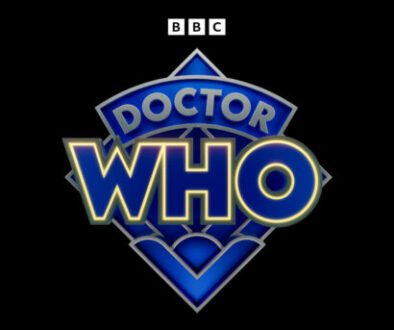2nd Opinion, Take 1 “Rogue” – A Doctor Who Dud
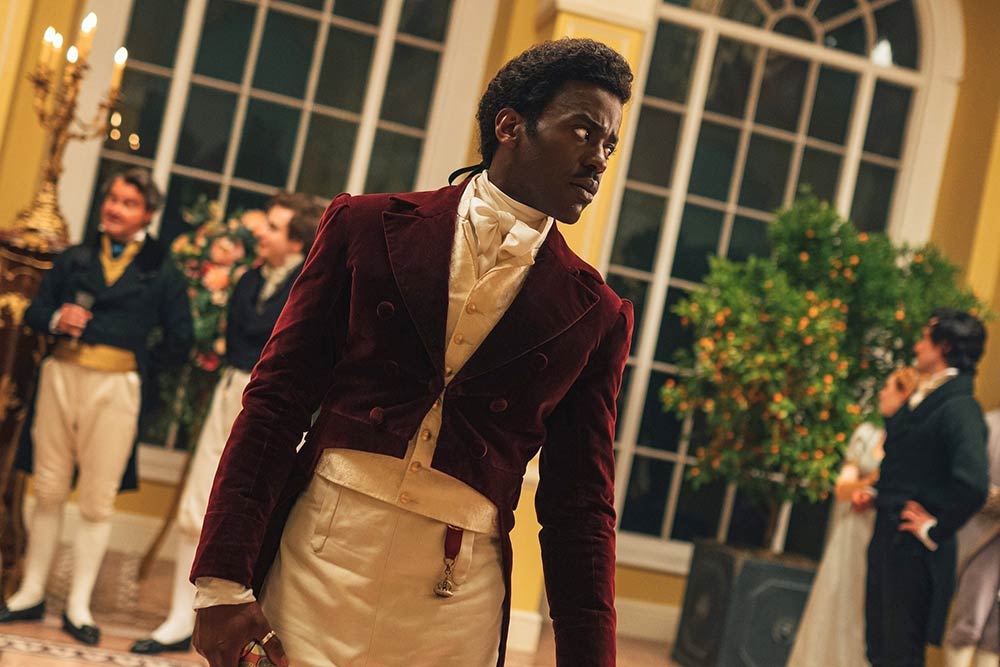
Gustaff Behr reviews the sixth episode of Series 14.
Y’know, last year I tried watching Bridgerton, and I barely made it through one episode – it was the longest five hours of my life. With that mindset, I have no idea why Doctor Who chose this show to parody, but I am even more stumped how a script by two writers can feel so half-baked, shallow and lazy. Given the strength of the last three episodes, it’s not surprising to encounter a dud, but I had hoped “Rogue” would at least be an enjoyable dud.
It’s not. But before discussing the negatives, let’s touch on a few positives: the costume design, set design, choreography, and the CGI on discount Captain Jack Harkness’ spaceship.
And we’re done.
Essentially, this episode can be seen as a weak imitation of much superior episodes from previous seasons of Doctor Who, albeit with a modern twist for 2024:
- The Doctor finds himself in a historical setting, where he quickly develops a fleeting romantic connection with someone. They share a passionate kiss, and the Doctor extends an invitation for them to join him on his travels. Unfortunately, tragedy strikes as they pass away before they can embark on any adventures together, leaving the Doctor devastated and teary-eyed. That’s “The Girl in the Fireplace”.
- The Doctor and companion travel into Earth’s past and encounter a mysterious and attractive space traveler who hangs around in history to make money. That’s from “The Empty Child”.
- The Doctor and companion journey back in time and come across a family of four aliens who seek to drain the Doctor’s life energy. “Human Nature,” anyone?
There’s a saying that goes, ‘if you’re going to steal, at least steal from the best’. However, if you choose to borrow ideas, at least do so in a more inconspicuous manner. Even watching this episode at 4:00 AM, I immediately noticed these blatant copy/pastes.
I also have to walk back my stance on the Doctor’s emotional displays. While I initially found it acceptable for the first few episodes to highlight Fifteen as a more emotionally expressive incarnation, I now find it excessive. The impact of the Doctor’s tears has diminished significantly, as it has become a recurring character trait rather than a meaningful moment. It feels akin to expecting catchphrases like ‘Allons-y’ or ‘Geronimo’ from the Doctor. You can’t have your 2000+ year old protagonist crying in almost every single episode, especially over someone they barely know. A truly formidable character like the Doctor occasionally displays vulnerability, but not consistently.
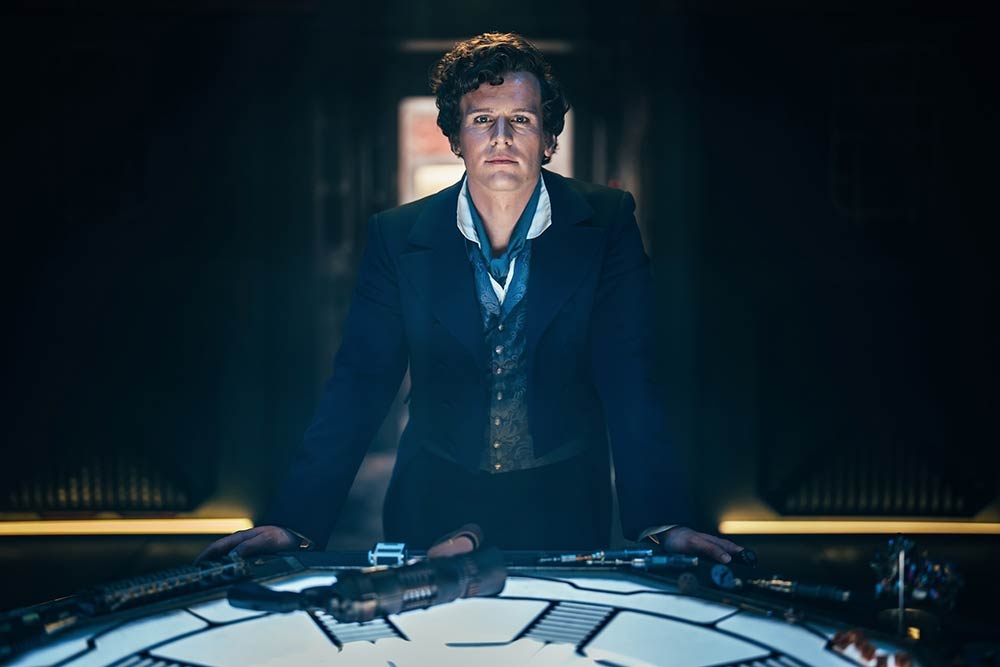
As mentioned before, Rogue appears to be nothing more than a carbon copy of Jack Harkness, albeit lacking the actual depth and charm of the original character. He is this show’s equivalent to a one-night stand, but lacking the actual sex. While Jonathan Groff does a wonderful job portraying Rogue, the character stops being interesting the moment they let the Doctor out of the containment field. After that, he is basically a Yes-man. We’re told he is a bounty hunter. He has to provide his employers with proof of identity, which makes sense. But after Ruby is ‘killed’, despite only knowing the Doctor for like an hour, Rogue is suddenly on board with imprisoning the Chuldur family (and not being paid for killing them). He’s also suddenly okay with the Doctor’s plan to give the family a long, torturous death as opposed to a quick, painless one. The character’s only agency comes in when he has to sacrifice himself—again for someone he literally just met an hour ago, of which most of that time was spent holding him hostage.
This episode’s logical inconsistencies don’t stop there. In the past, the Tenth Doctor could instantly detect a 100% cloned Martha Jones, or identify a fake Donna Noble with a minuscule 0.001% difference as the Fourteenth Doctor. However, the Fifteenth Doctor fails to recognize that his supposed “best” friend is pretending to be a villain. Was the continuity supervisor on holiday?
When held at gunpoint by Rogue, the Doctor says, “This is not a good look for you, in any century.” Excuse me? Doctor, did you forget this is Earth, and the discrimination of this era? Has the show undergone some peculiar temporal rewrite that has transformed history into the politically correct version? No character acknowledges the fact that the Doctor, a black man, is mingling with the British aristocracy in 1813, while the mistreatment of the white staff remains consistent with the era. Rogue’s lack of intelligence becomes evident when he attempts to kill the Doctor, assuming he is a shapeshifter, without conducting a secondary scan to confirm the Doctor is indeed the correct kind of shapeshifter. He realizes that the Doctor can tamper with other ship controls, he inexplicably chooses not to deadlock the rest of the ship, similar to the containment field that kept the Doctor in place.
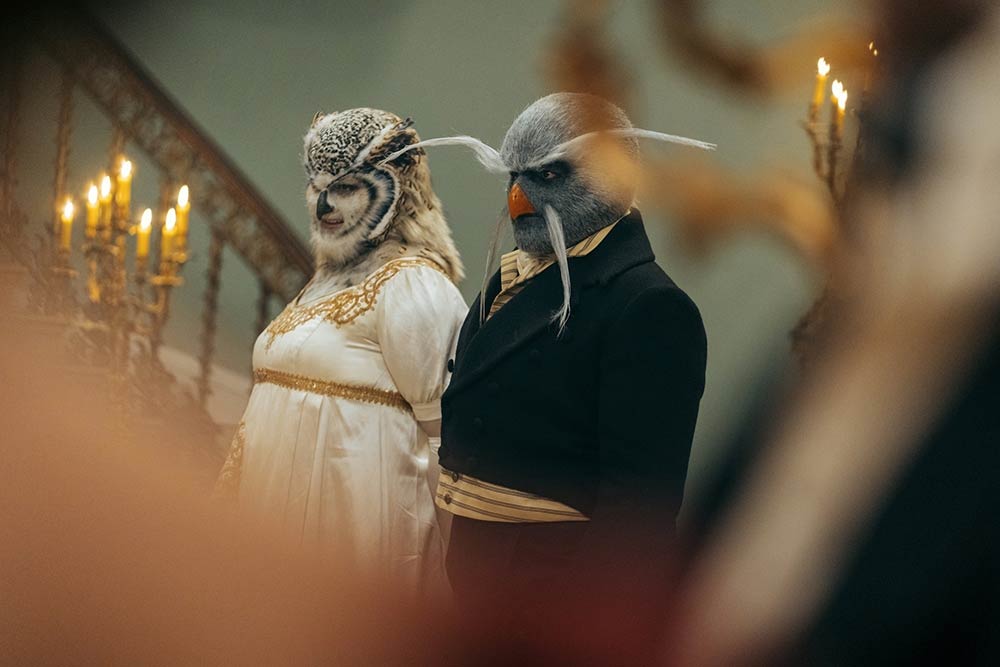
The Chuldur family’s modus operandi is revealed to us throughout the story; it involves grabbing onto their victims, shocking them to death before assimilating them. However, the Chuldur member disguised as Emily, who likely performed this act numerous times before, suddenly chooses to unmask herself in front of Ruby, giving her enough time to activate her psychic earrings’ battle mode. The rest of her family, instead of assuming new disguises and blending in, decides to remain undisguised for no real reason other than the plot demanding them to be put in unconvincing bird makeup that looked much better on Nicola Bryant forty years ago. Ruby, a woman, playing another woman, disguised as the first woman, does not think to give the Doctor some kind of clue or hint at what is going on, waiting until it’s too late.
One of the most significant let-downs in this episode is the portrayal of the Doctor. This episode does him dirty by making him uncharacteristically horny for a stranger, leading him to make some pretty messed up choices (which are not called out on by the way), and generally acting like an idiot. The Doctor reprograms the Triform to trap the Chuldurs in an unfamiliar, desolate dimension, but doesn’t plan for the consequences of someone unintended getting caught in the trap instead. After subjecting us to a somewhat heartwarming flashback with Carla about keeping Ruby safe, the Doctor reciprocates Rogue’s kiss in front of the terrified and vulnerable Ruby, who is on the brink of being exiled to an unknown destination. This display of affection is really insensitive given the circumstances.
The Doctor’s infatuation reaches a point where he even hands over the psychic paper, which describes either himself or Rogue as ‘hot,’ while facing the imminent danger of execution. This decision is not only ill-timed, but leads the audience to believe the Doctor is prioritizing personal attraction over self-preservation. Instead of using his control over the ship to deactivate the deadlock on their containment field, the Doctor wastes time by playing around with the stereo. And while it’s not unreasonable to include moments of levity, such as the Doctor teasing Rogue over the song “Can’t Get You Out of My Head,” these moments should be done in a balanced manner that doesn’t sacrifice the logical progression of the scene. The episode’s portrayal of the Doctor is a major letdown. His unrealistic infatuation, poor decision-making, and disregard for the gravity of the situation undermine the character’s intelligence and integrity.

Frankly, the biggest flaw of this episode lies in its sheer laziness. It’s evident that the writers lacked the effort to come up with more original ideas, find alternative explanations for certain scenes, or even engage in a little bit of critical thinking. Canonizing Richard E. Grant’s Shalka Doctor is a prime example of this laziness. How and why did they choose to go this route? Please make me understand.
Instead of taking the easy way out by transmitting the Doctor’s identity through the psychic paper, the show could have maintained continuity and generated some genuine fan excitement by having the Doctor search for information about himself. Countless expanded universe media have explored the concept of the Doctor regenerating into incarnations outside the established canon, either from alternative timelines or as a result of unique circumstances. For instance, Big Finish has the Renegade War Doctor, portrayed by Colin Baker, who regenerated from Tom Baker’s Fourth Doctor, while David Warner’s Unbound Doctor exists as an alternative third incarnation that crossed over into N-Space.
The Shalka Doctor could have simply been an alternative Ninth Doctor, as he was in “Scream of the Shalka.” And before anyone tries to defend this decision with the Toymaker’s “I made a jigsaw” line, stop. A retcon is a retcon, and refers to altering or reinterpreting previously established facts or events within a narrative, often to introduce new information or reshape the continuity of a fictional universe. In this case, the unnecessary retcon of introducing the Shalka Doctor could have been handled much better if the writers had paid even the slightest bit more attention to the details.
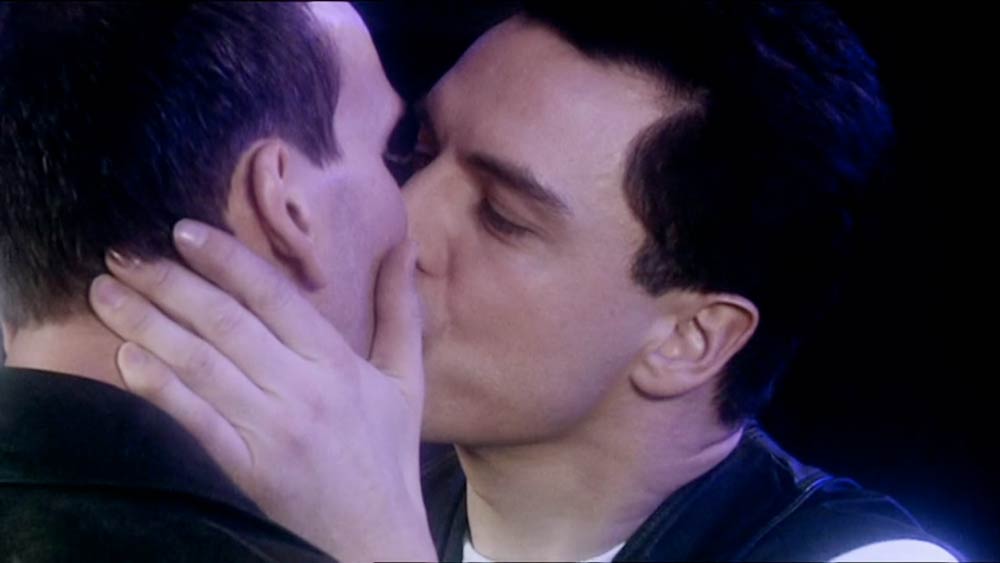
I’ve also seen a lot of media outlets praising this as the Doctor’s “first same-sex kiss”, conveniently forgetting the Series 1 finale from almost two decades ago. No new ground is being broken here. The Doctor has been bisexual since 2005.
I sincerely hope that the upcoming two-part series finale manages to stick the landing because, up until now, we have started off on the wrong foot, hopped to a better-but-not-quite-there foot, experienced three wonderful episodes (with two of them NOT even focused on the Doctor), and then faced whatever ‘Rogue’ is meant to be. Here’s hoping…




